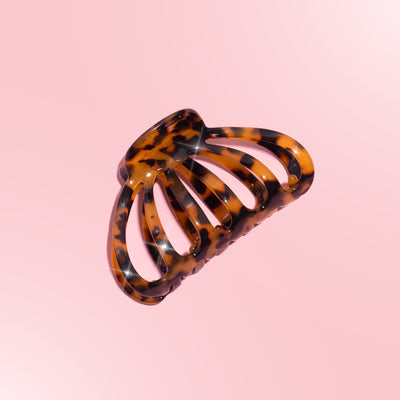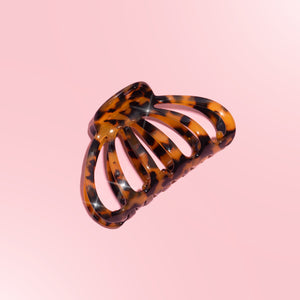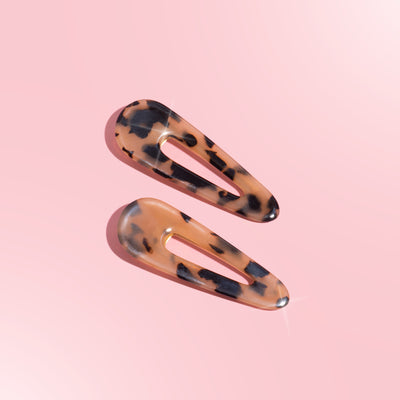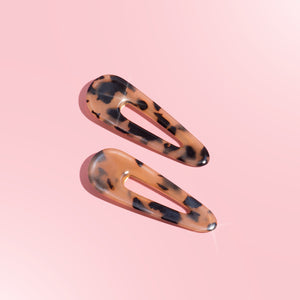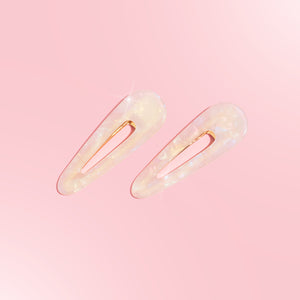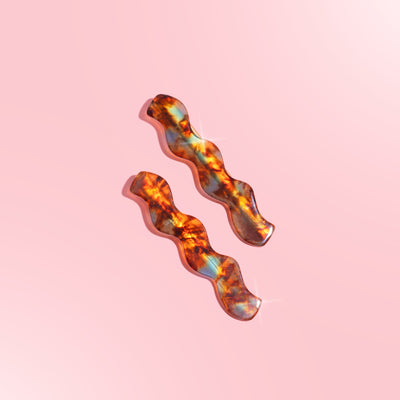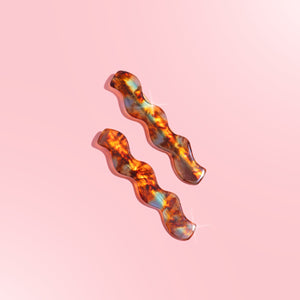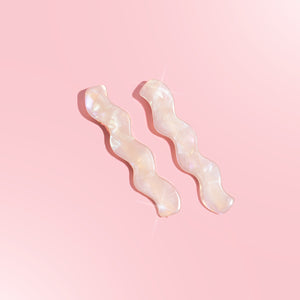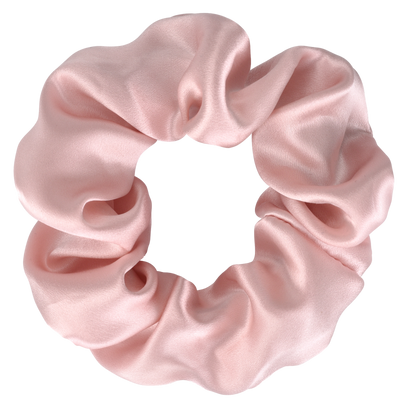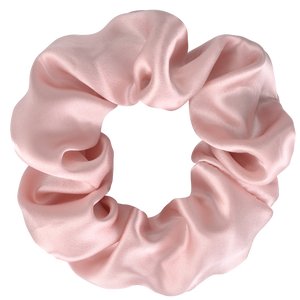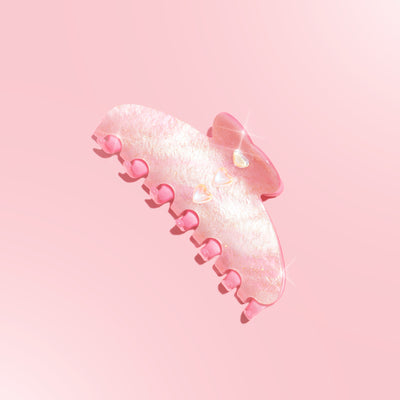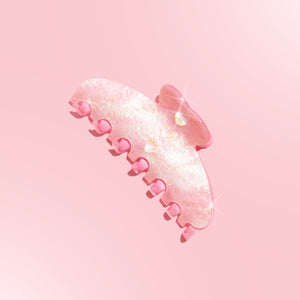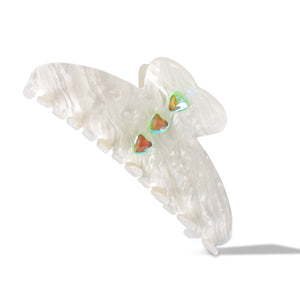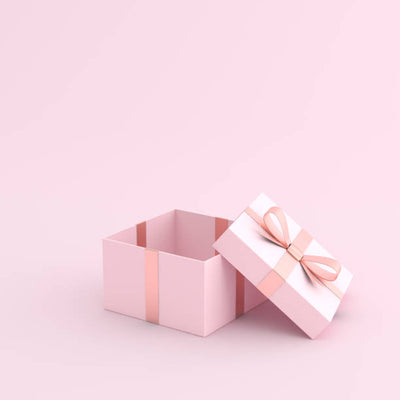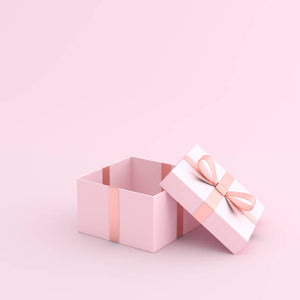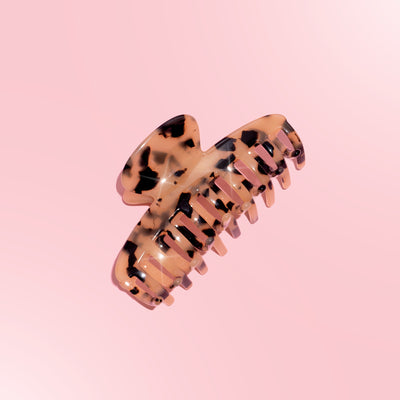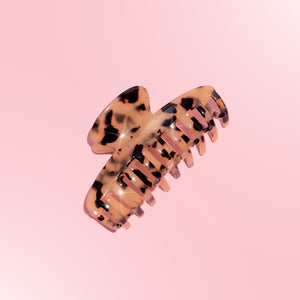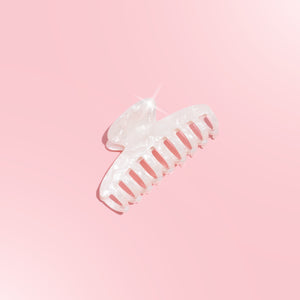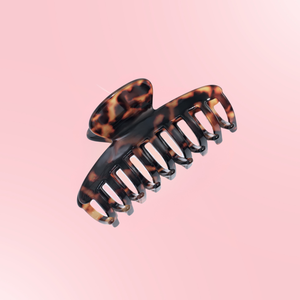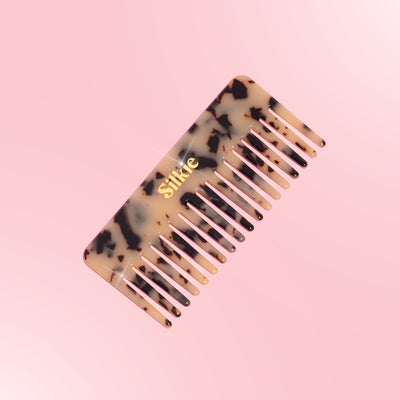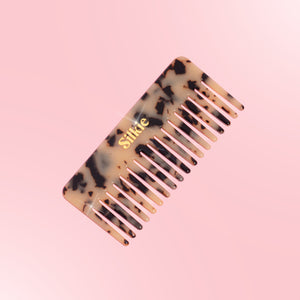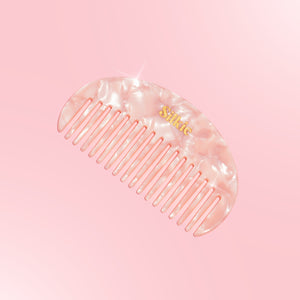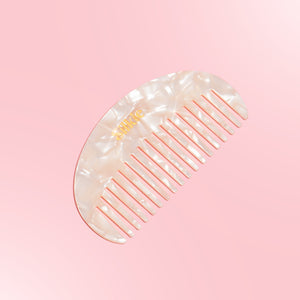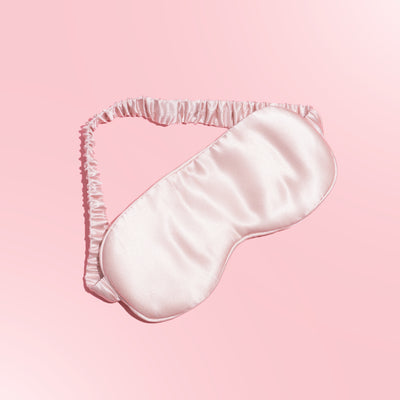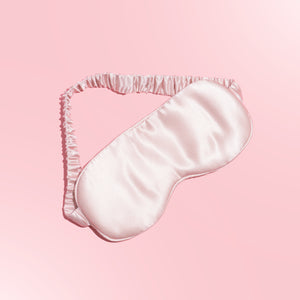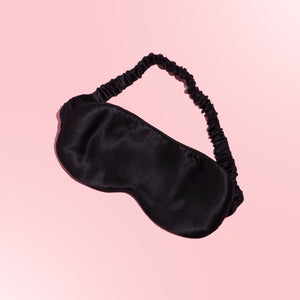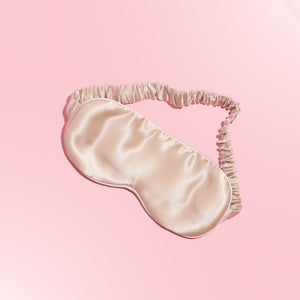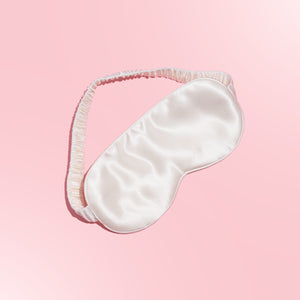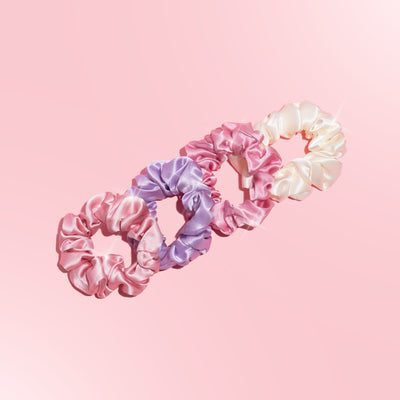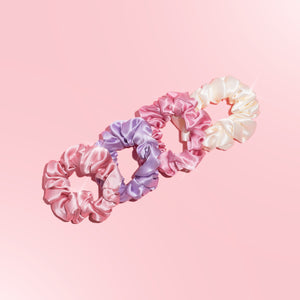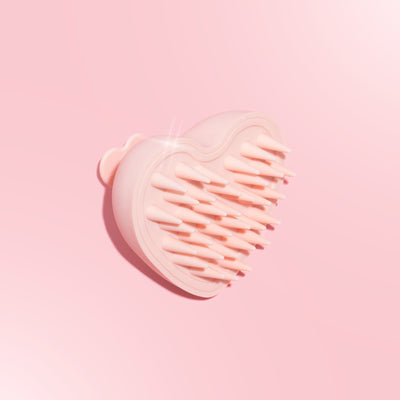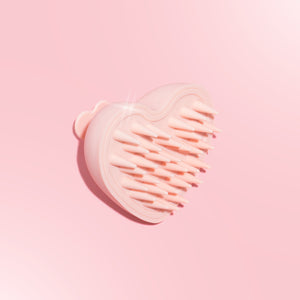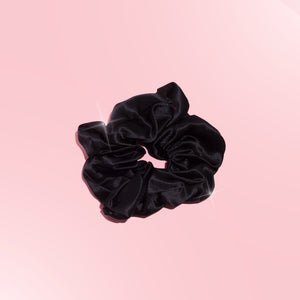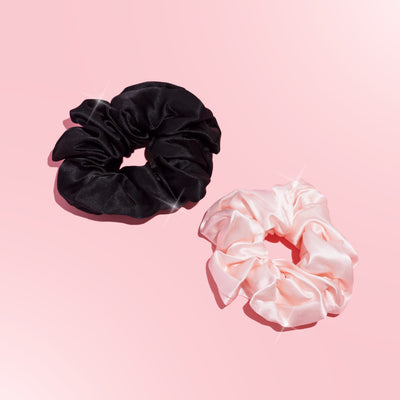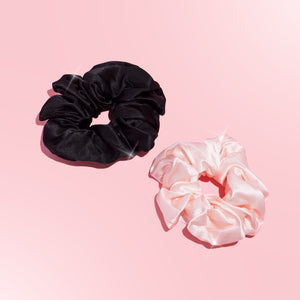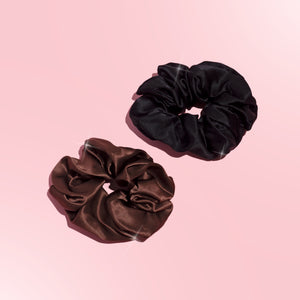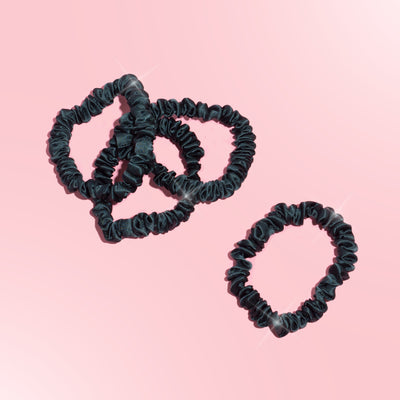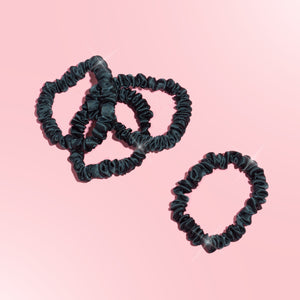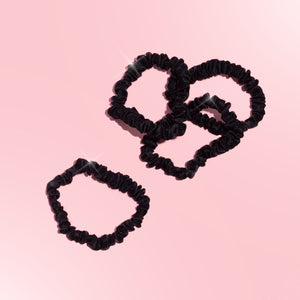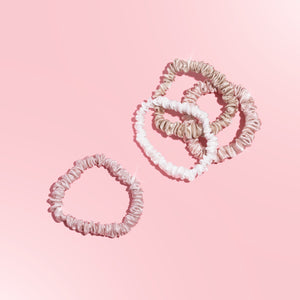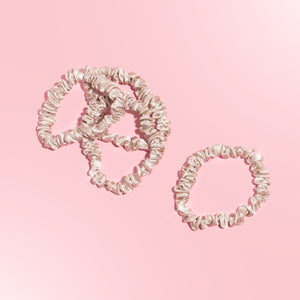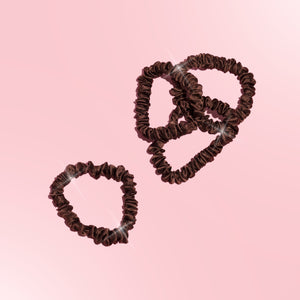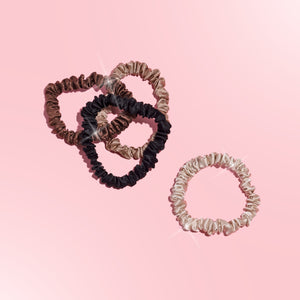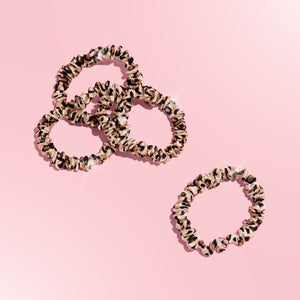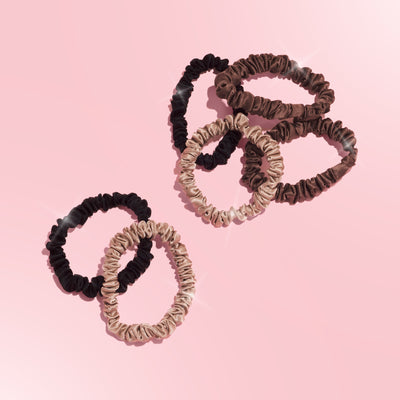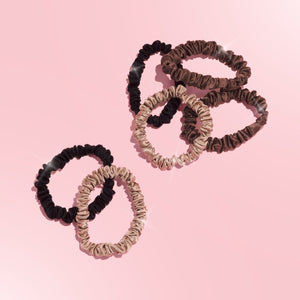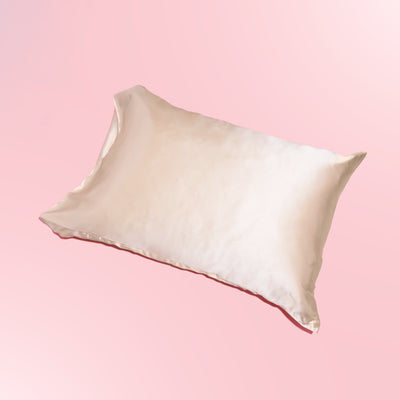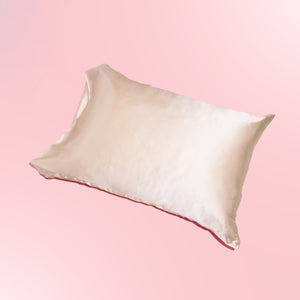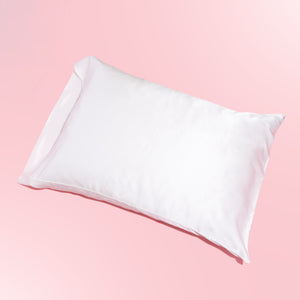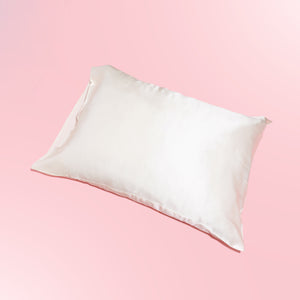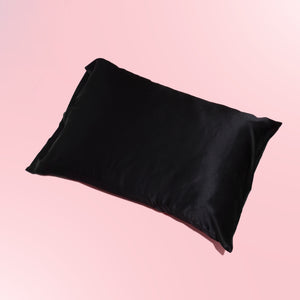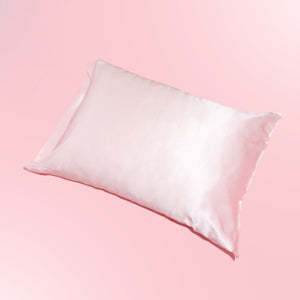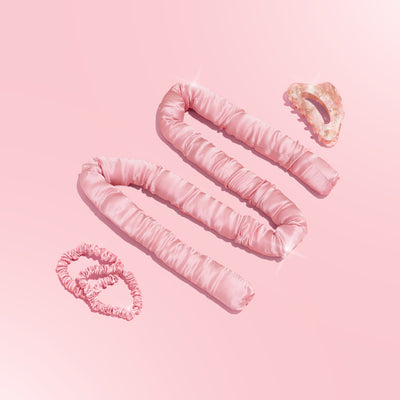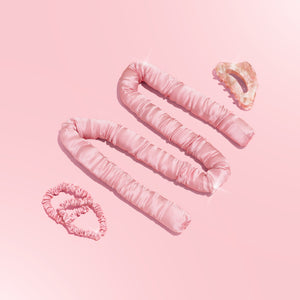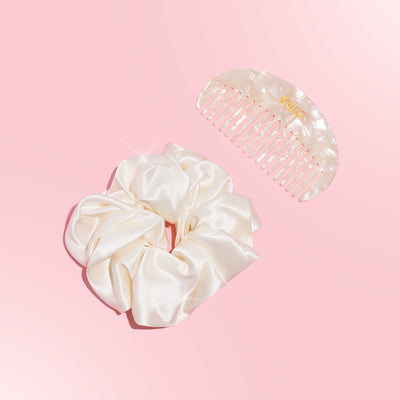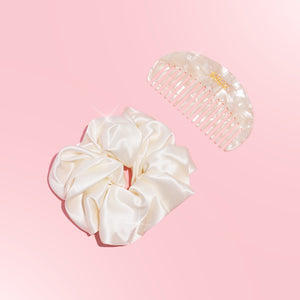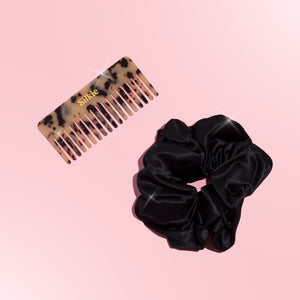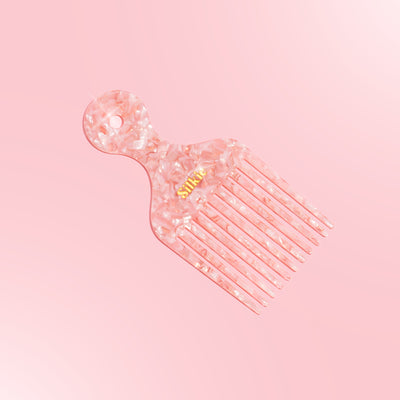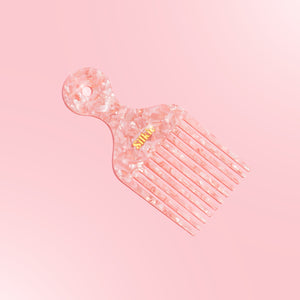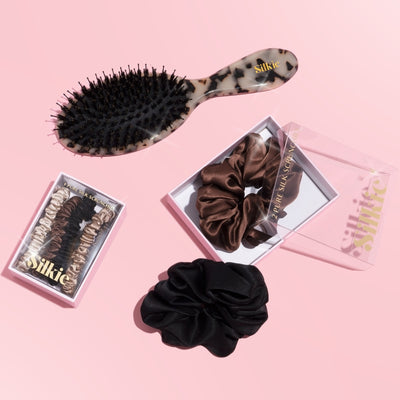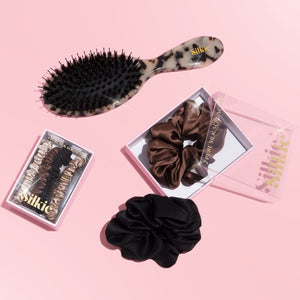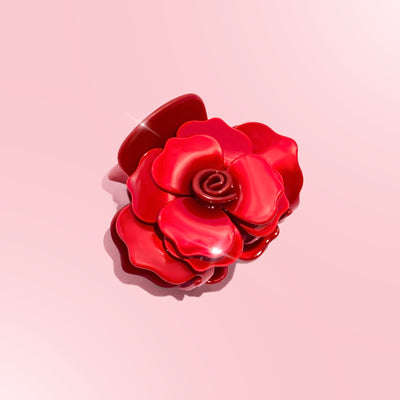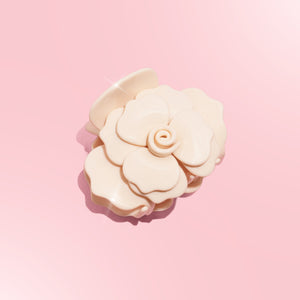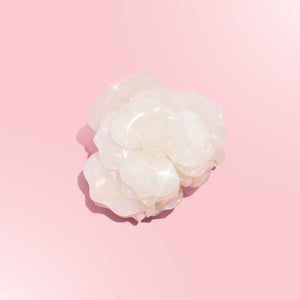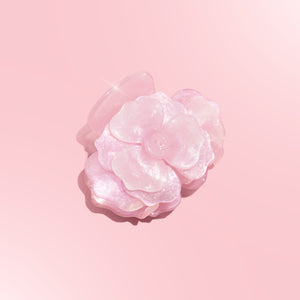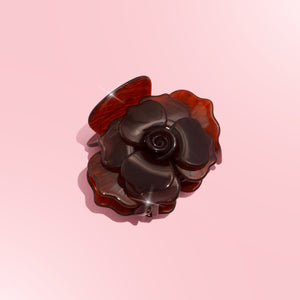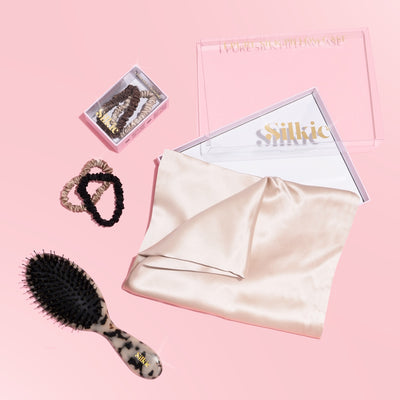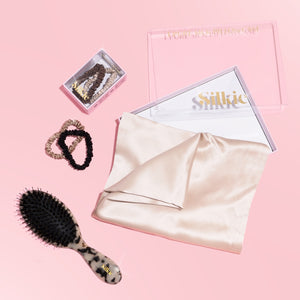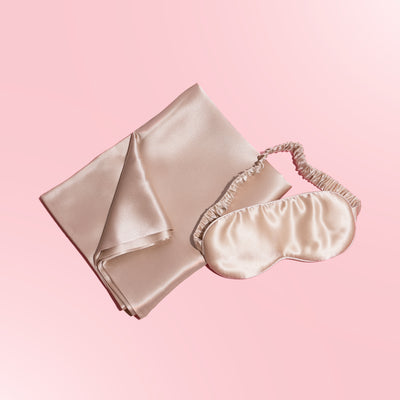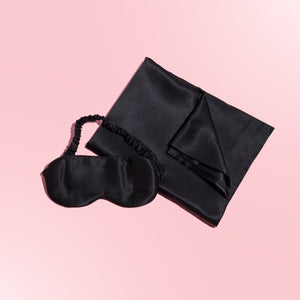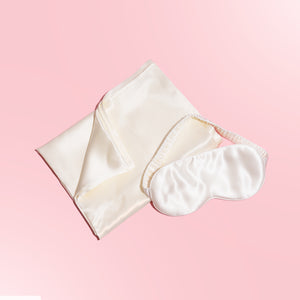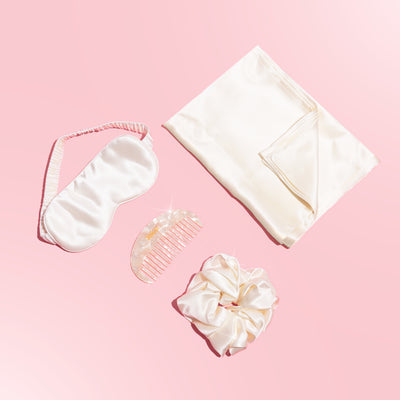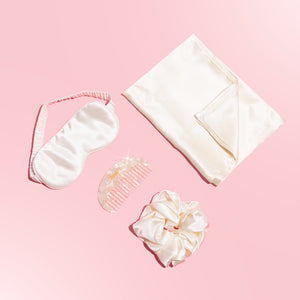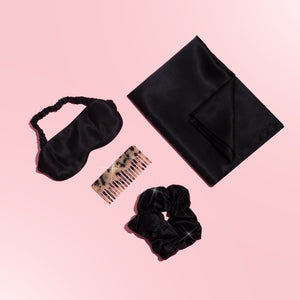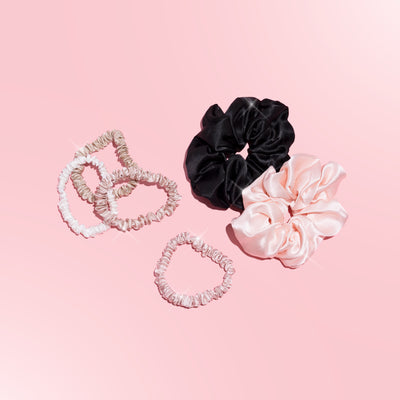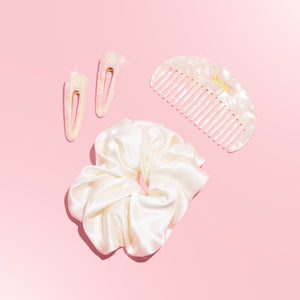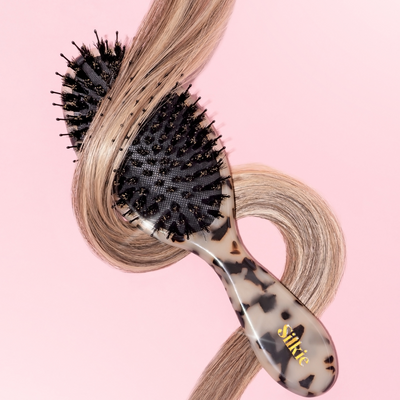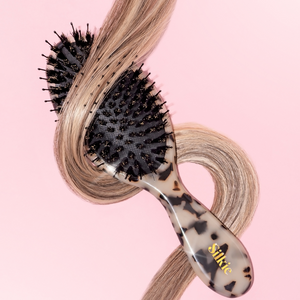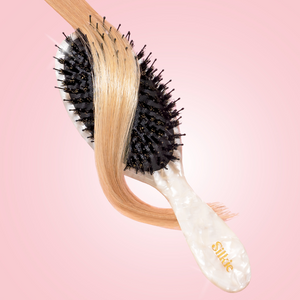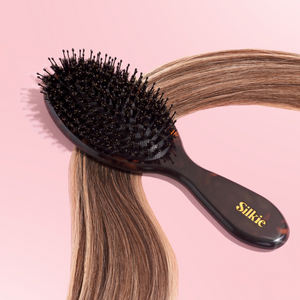How Stress Affects Your Hair: The Connection Between Anxiety and Hair Loss
Stress is an inevitable part of life, but did you know it could be affecting your hair? Whether it’s from work, relationships, or daily responsibilities, prolonged stress can lead to noticeable changes in your hair’s thickness, strength, and overall health.
If you’ve ever experienced increased shedding, slower hair growth, or changes in texture during stressful periods, you’re not imagining it. Stress can disrupt your body’s natural hair cycle, causing excessive hair loss, weakened strands, and even scalp issues.
Let’s break down how stress impacts your hair and, more importantly, what you can do to restore its health.
How Stress Affects Hair Health
Your hair goes through a natural growth cycle, consisting of three main phases:
- Anagen (Growth Phase) – Hair actively grows for 2–7 years before transitioning.
- Catagen (Transition Phase) – Hair stops growing and prepares to shed.
- Telogen (Resting Phase) – Hair remains in place for a few months before falling out and making room for new growth.
When stress disrupts this cycle, it can trigger excessive hair loss and slow down regrowth. Here’s how stress affects your hair:
1. Stress Can Trigger Excessive Hair Shedding (Telogen Effluvium)
One of the most common stress-related hair issues is telogen effluvium—a condition where a large number of hair follicles prematurely enter the resting phase and fall out.
This means instead of your usual 50–100 hairs falling out per day, you might see hundreds coming out when you brush or wash your hair.
Telogen effluvium is typically triggered by:
- Emotional stress (work pressure, loss of a loved one, anxiety)
- Physical stress (illness, surgery, childbirth, rapid weight loss)
- Nutrient deficiencies (iron, biotin, zinc)
While this condition is temporary, it can take several months for hair to return to its normal growth cycle.
2. Stress Can Lead to Hair Thinning and Weakness
Long-term stress reduces blood flow to the scalp, depriving hair follicles of essential nutrients. This can cause hair to:
- Appear thinner and weaker
- Become more brittle and prone to breakage
- Lose its natural shine and softness
If you’ve noticed lackluster, fragile hair after a stressful period, it’s a sign your strands are lacking proper nourishment.
3. Stress Can Cause Scalp Issues (Dandruff & Inflammation)
Have you ever noticed that your scalp feels itchy or flaky when you’re stressed? That’s because stress can increase oil production on the scalp, leading to:
- Dandruff (flaking and dryness)
- Scalp inflammation (redness and irritation)
- Seborrheic dermatitis (itchy, scaly patches on the scalp)
A stressed scalp creates an unhealthy environment for hair growth, making it harder for new strands to grow strong and healthy.
4. Chronic Stress Can Lead to Hair Loss Disorders
In some cases, severe or prolonged stress can contribute to more serious hair conditions, including:
- Alopecia Areata – An autoimmune disorder where the immune system attacks hair follicles, causing patchy hair loss.
- Trichotillomania – A stress-related impulse control disorder that causes people to pull out their own hair, leading to noticeable thinning or bald spots.
If you’re experiencing extreme hair loss or bald patches, consulting a dermatologist or trichologist is essential for proper treatment.
How to Reduce Stress and Protect Your Hair
The good news? Stress-related hair loss is reversible in most cases. By managing stress and giving your hair the right care, you can restore healthy growth. Here’s how:
1. Prioritize Stress Management Techniques
Reducing stress isn’t just good for your mind—it’s essential for your hair. Try incorporating:
- Meditation and Deep Breathing – Helps lower cortisol (the stress hormone) that can disrupt hair growth.
- Exercise – Improves blood circulation to the scalp, encouraging hair growth.
- Quality Sleep – Aim for 7–9 hours of rest to support healthy hair cycles.
- Journaling or Therapy – Processing emotions can reduce emotional stress, benefiting your overall health.
2. Eat a Hair-Healthy Diet
Since stress can deplete essential nutrients, fueling your body with the right foods is crucial. Focus on:
- Protein-Rich Foods – Eggs, fish, beans, and nuts help strengthen hair.
- Iron & Zinc – Found in spinach, red meat, and lentils, these minerals promote growth.
- Omega-3 Fatty Acids – Found in salmon, walnuts, and flaxseeds, they keep the scalp hydrated.
- Biotin & Vitamin B12 – Essential for hair strength and cell production.
If needed, consider hair-friendly supplements to fill any nutritional gaps.
3. Massage Your Scalp to Boost Circulation
Scalp massages improve blood flow and stimulate hair growth. Try:
- Using your fingertips to massage your scalp for 5–10 minutes daily.
- Applying essential oils like rosemary or peppermint for added nourishment.
- Using a scalp massager to enhance relaxation and boost circulation.
4. Choose Gentle Hair Care Products
Harsh products can make stress-related hair issues worse. Opt for:
- Sulfate-free shampoos to avoid stripping moisture.
- Nourishing hair masks to restore strength and hydration.
- Leave-in conditioners to prevent breakage and keep strands soft.
5. Be Gentle with Your Hair
Avoid excessive heat styling, tight hairstyles, and aggressive brushing. Let your hair air dry when possible, and use a wide-tooth comb to prevent breakage.
6. Consider Professional Treatments
If your hair isn’t recovering, consult a dermatologist or hair specialist. They can recommend:
- Low-level laser therapy (LLLT) to stimulate hair follicles.
- Minoxidil treatments to encourage regrowth.
- Scalp treatments to reduce inflammation and boost follicle health.
Final Thoughts
Stress can take a serious toll on your hair, but it’s not permanent. By managing stress levels, nourishing your body, and using the right hair care techniques, you can reverse the damage and restore healthy, thriving hair.
If you’re looking for nourishing hair care products designed to protect and strengthen stressed-out strands, explore Silkie’s collection at www.shopsilkie.com. Your hair deserves the best care, no matter what life throws your way!
